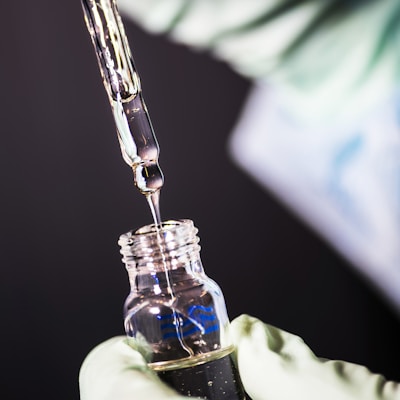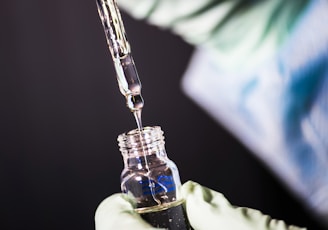

Western States Clinical Research, Inc.
A Locally Owned Clinical Research Site
Western States Clinical Research (WSCR), Inc. is a multi-specialty clinical research site in Wheat Ridge, Colorado. WSCR, Inc. conducts clinical research for a number of different medical conditions and is always adding new indications to its portfolio.
About Us
At Western States Clinical Research, Inc, we are dedicated to conducting clinical trials that lead to advancements in medicine and better outcomes for patients. We work with a diverse group of participants to find innovative solutions for a wide range of health conditions and diseases.




Enrolling Research Studies
Western States Clinical Research, Inc. has been conducting phase II, III and IV outpatient clinical trials for over 25 years. Western States Clinical Research, Inc. is experienced in conducting trials in a wide range of therapeutic areas. We work with physicians who are passionate about contributing to the betterment of medicine through conducting clinical research and providing patients with a variety of treatment options, made available through participation in clinical trials.
Contact Us
info@wscrinc.com
(303) 940-9773
Subscribe to our newsletter
We will not share your opt-in to an SMS campaign with any third party for purposes unrelated to providing you with the services of that campaign. We may share your Personal Data, including your SMS opt-in or consent status, with third parties that help us provide our messaging services, including but not limited to platform providers, phone companies, and any other vendors who assist us in the delivery of text messages. All the above categories exclude text messaging originator opt-in data and consent; this information will not be shared with any third parties.






